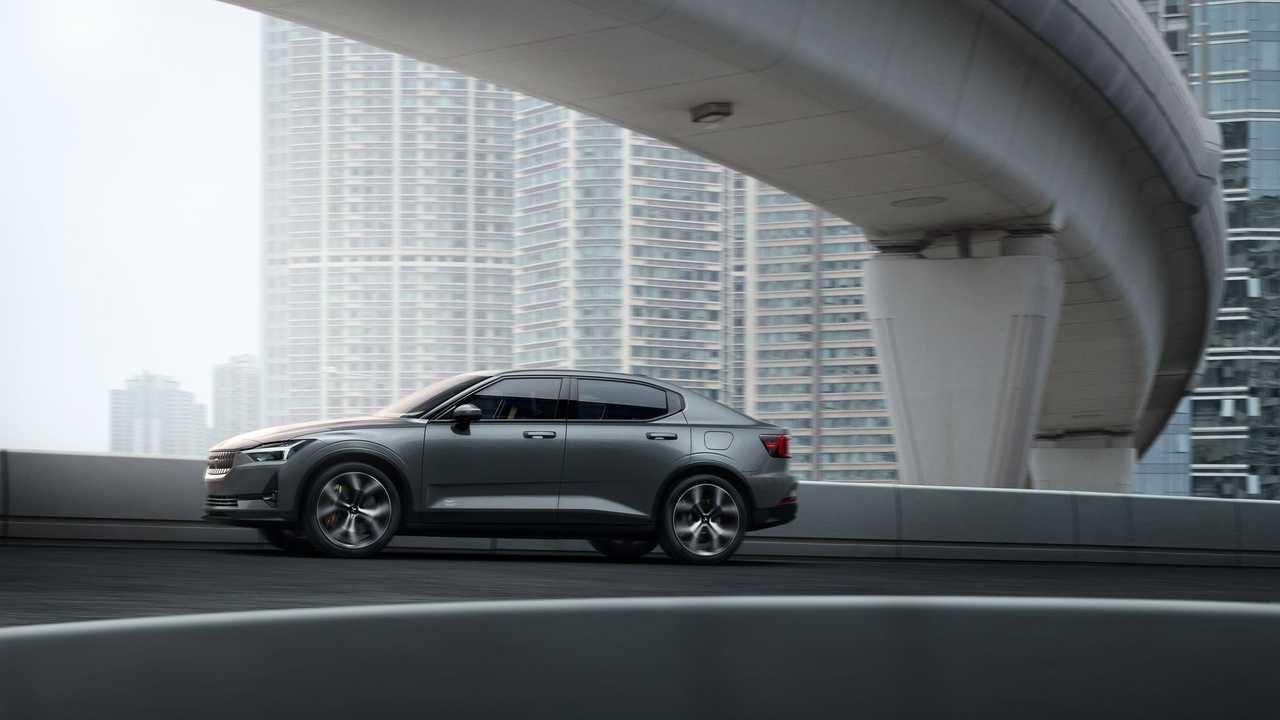Within a few months, the series production of the Polestar 2 should begin.
Polestar happily announced that the tooling trial production of the Polestar 2 has started on schedule in the Luqiao factory in China.
With the latest milestone, Polestar remains on track to start customer deliveries of the P2 in mid-2020. The first all-electric model is offered for reservations.
“This second prototype phase is designed to prove vehicle integrity and process quality to ensure customer vehicles delivered in 2020 match Polestar’s exacting standards.
Thomas Ingenlath, Chief Executive Officer of Polestar said:
“Polestar 2 tooling trial prototypes are now rolling off the final production line in the Luqiao factory, and so nearing series production. Cars will be with customers in the first half of 2020, as planned. We will continue to make good on our promises.”

The plug-in hybrid Polestar 1, on the other hand, already is in the production ramp-up phase at the bespoke Chengdu facility.
“Also in China, Polestar 1 customer cars are rolling off the production line at the Chengdu facility which was inaugurated in August 2019. Designed by internationally renowned architecture and design company, Snøhetta, the facility continues to develop.
The next milestone in Polestar’s journey is the opening of a test track within the grounds of the factory. Dedicated to vehicle development and quality assurance, the track reduces the amount of transport required for vehicle assessment. This step to diminish the associated environmental footprint is another part of the brand’s promise to accelerate the shift to sustainable mobility across the industry.”
Gallery: Polestar 2 (2019)
Polestar 2 specs:
- 78 kWh battery (324 pouch cells, 27 modules, liquid-cooled)
- target 500 km (311 miles) of WLTP range
- expected 275 miles (442 km) of EPA range
- 0-100 km/h (62 mph) in 4.7 seconds
- dual motor all-wheel drive
- system output: 300 kW (408 hp) and 660 Nm of torque (one 150 kW and 330 Nm electric motor per axle)
- 150 kW fast charging capability
- based on Compact Modular Architecture (CMA) platform
* in China battery capacity will be 72 kWh

